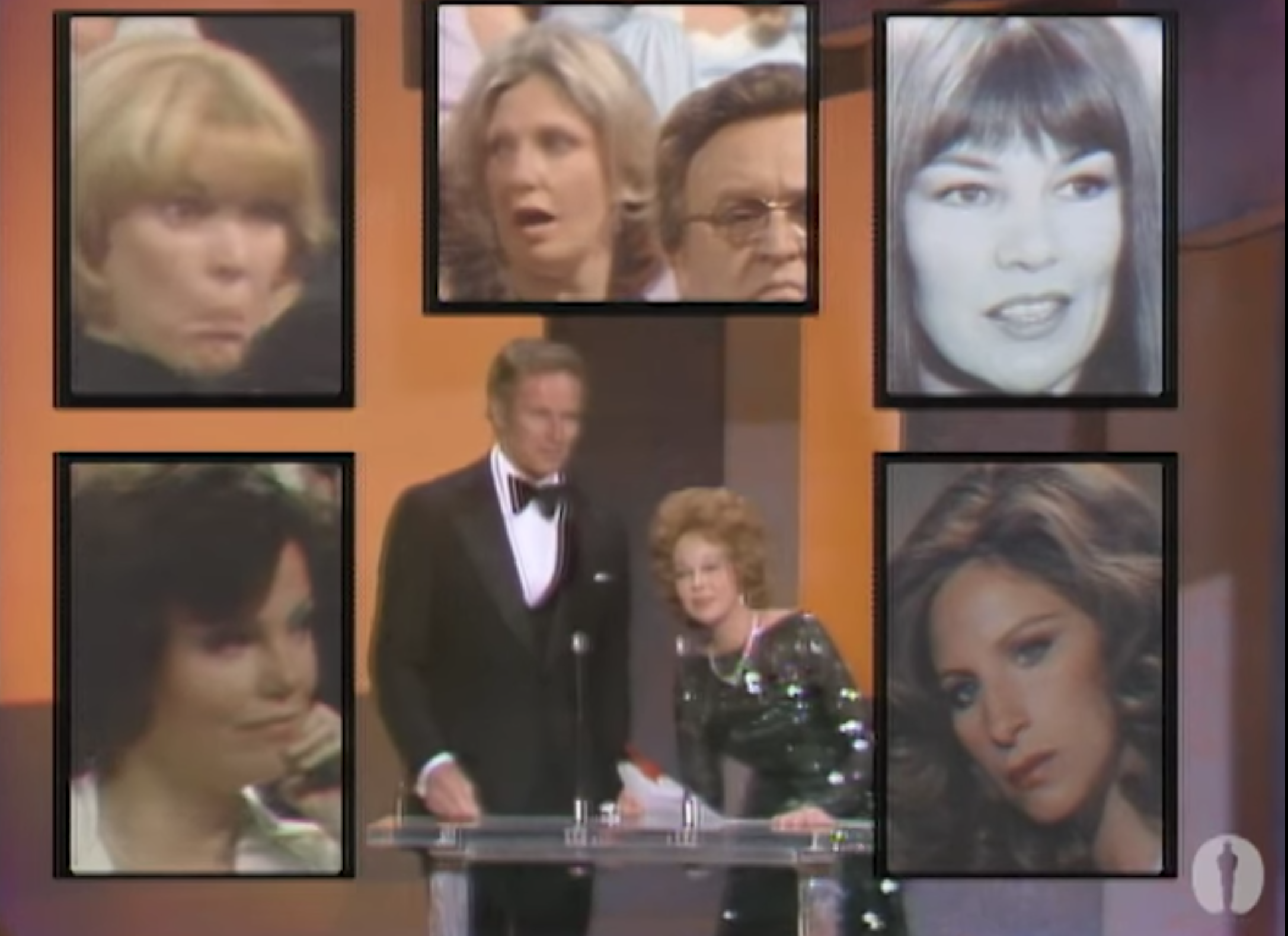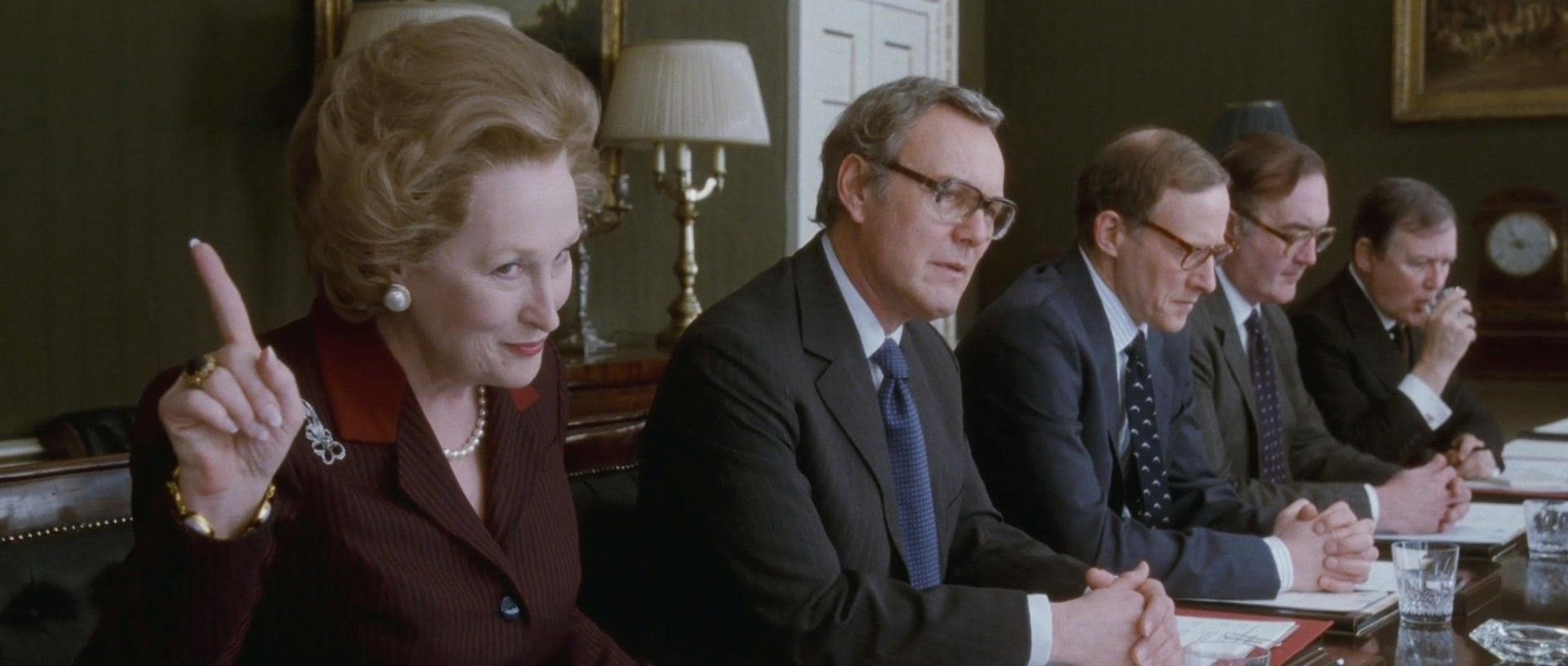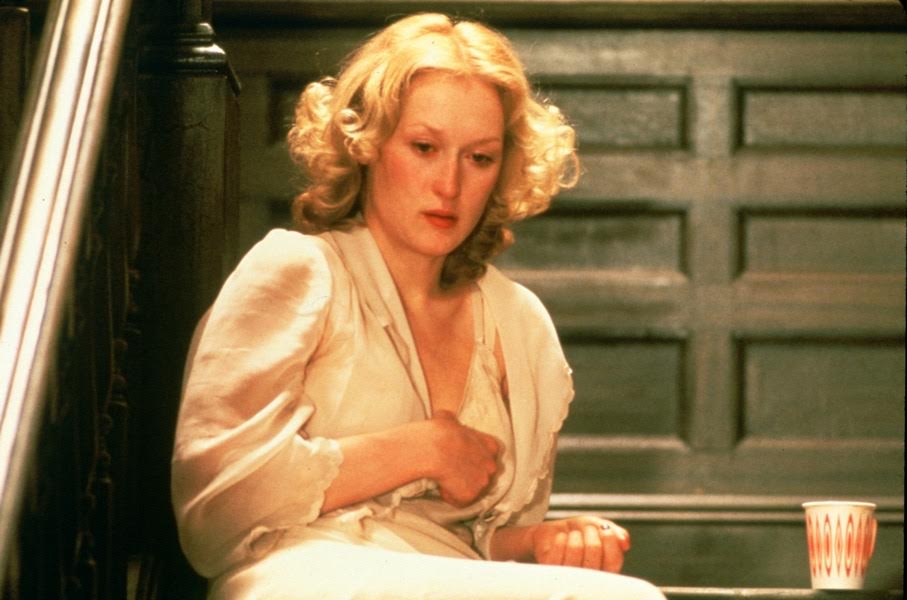 The shade of it all... the 1974 ceremony for the Best Actresses of 1973 (L-R from the bottom corner) Marsha Mason, Ellen Burstyn, Joanne Woodward, Glenda Jackson, Barbra Streisand
The shade of it all... the 1974 ceremony for the Best Actresses of 1973 (L-R from the bottom corner) Marsha Mason, Ellen Burstyn, Joanne Woodward, Glenda Jackson, Barbra Streisand
Christmas really brings out my contrarian side, and since it's the Most Wonderful Time of the Year (awards season), permit me to be a humbug. Those who truly appreciate the Oscars understand that sometimes it is about the politics and not the performance. Academy voters are not infallible, but we shouldn't underestimate their other important role in taking the cultural temperature to find out what and who was hot in cinema in any given year. Without getting into a discussion of who did and didn't deserve their award, there are definitely some great female performances honored in films that may otherwise not have been so deserving. Some potentially controversial opinions after the jump...
Glenda Jackson in A Touch of Class (1973)
I longed for years to see this, described to me once as "a film about a feminist who falls in love with a married man." I expected a searing 1970s socio-political satire with an indomitable Glenda Jackson realizing that love is but a bourgeois sham! Instead, A Touch of Class is a film made by Brut (yes, the cologne), has all the appeal of a failed sitcom pilot and stinks as bad as cheap perfume. Time has not been good to this one, but there's no faulting Glenda as she escapes unscathed clutching her Oscar, even after making the odd rape joke. Glenda's Oscar clip in which she asks George Segal to get out distills some of her much needed gravitas. At least we have the ending, as Vicki Alessio knows that he is never going to leave his wife. And if you need further proof that this win caused a bit of upset, just look at Marsha, Ellen and Joanne.

Meryl Streep in The Iron Lady (2011)
I hope that The Iron Lady is on a screenwriting course somewhere, as a case study on how plot structure can ruin a film. Taking two insufficently developed stories: A woman with dementia who happens to be named Margaret Thatcher, and another starring Meryl Streep in drag, in a clip reel of the actual Margaret Thatcher and shoving them together in a quest to win Meryl an Oscar. When the material around the performance is so flimsy it really makes a performance (or in this case, an impression?) stand out. But there are defintely moments to enjoy: the creation of Maggie T from her pearls to her voice, to the scene in which she has fully become a vampire and devours her cabinet one by one. But The Iron Lady uses the excuse of excising the majority of Thatcher's political life to focus on the "human story", when really the scenes of dementia offer Meryl little to do other than wear some of J. Roy Helland's delightful make-up. Issues like the miners' strike and the IRA zip by, compacting two lives and a myriad of events into 1 hour and 45 minutes. And somehow even that feels too long.

Frances McDormand in Three Bilboards Outside Ebbing Missouri (2017)
Come February when McDormand appears to announce the award for Best Actor, we will sadly be reminded of the dreck that won her her second Oscar. There isn't a single person out there who has any ill-will to Frances McDormand, but even when she is polishing her awards, you know her one for Fargo shines brighter. Three Billboards is a messy, noisy, at times incoherent and ultimately empty story. Martin McDonagh's creation resembled neither Missouri nor reality, and took the very strong premise of a mother's sense of retribution for her daughter's killing and polluted it with unlikeable sidekicks, and violence for the hell of it, well... because McDonagh.

Meryl Streep in Sophie's Choice (1982)
Wait. Before you accuse me of dragging a Holocaust movie, just when was the last time you saw Sophie's Choice? While there are moments where Meryl is technically brilliant, for example, speaking German with a Polish accent, these are the bits you remember, when in actuality, Sophie's Choice is grating three-way love story where they don't even get it on! Even Michael Schulman can't defend this one. Our lead is Peter MacNicol as the deeply annoying young writer Stingo, living in a boarding house one floor beneath the sensual and sensitive Sophie and her boyfriend Nathan, played by Kevin Kline. Sophie's Choice was Kline's first film and you can tell: he's acting for the back row, broader than the movie screen itself. These losers teeter on the edge of a group thing plenty of times, but of course nothing comes of it, leaving Sophie to reveal what happened to her deep into the second half of this long film. We know the Academy is a worthy body, but it was the HFPA who nominated her for Death Becomes Her. Just sayin'.
There can't only be four! Make your case in the comments below, and be an equal opportunities contrarian.